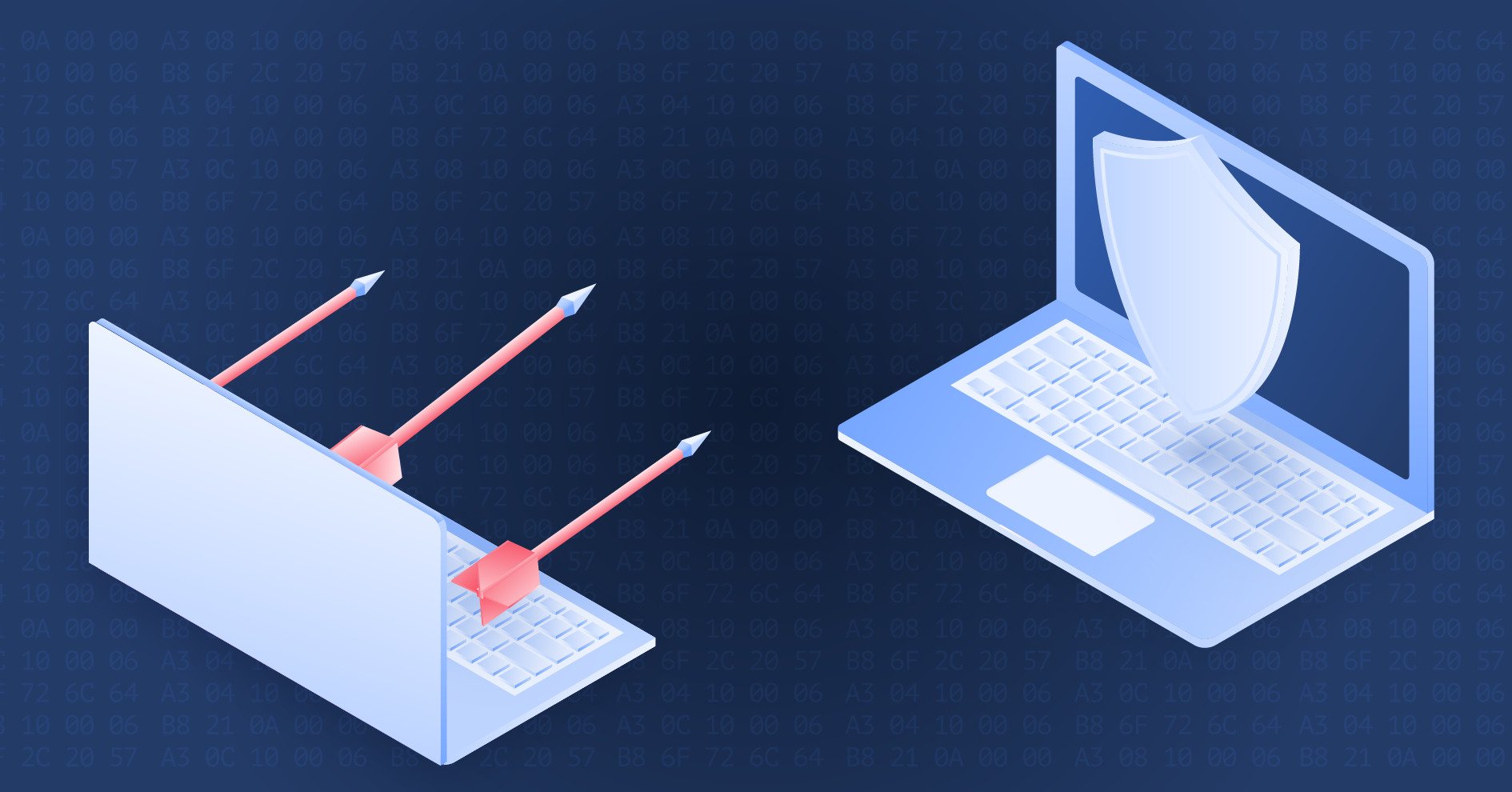Could Russia-Ukraine cyberattacks start a cyberwar in America?
Keyboards across the world are on fire as high-profile companies rush to protect Ukraine from cyberattacks. With Microsoft, Anonymous, and SpaceX fighting for Ukraine, are we prepared for a cyberwar here in America?

Russia is allegedly preparing disruptive cyberattacks that could target US energy and financial industries in retaliation for sanctions made against the Kremlin for its invasion of Ukraine.
Reports suggest that the FBI warned five energy companies in mid-March that their networks were being scanned by computers using Russian internet addresses. China has also recently been accused of cyberattacking Ukraine military and nuclear targets days before Russia invaded.
Are we about to be dragged into a cyberwar?
Russia has ruthlessly attacked the US and other countries in the past, in light of SolarWinds and the Colonial Pipeline hack, proving itself a hub of cybercrime and a threat to the US.
Glen S. Gerstell, senior advisor at the Center for Strategic and International Studies (CSIS) and the former general counsel of the National Security Agency, says:
“Many people in the US believe that a cyber-attack with real-world destructive effects is the same as a missile attack or bomb, and would be seen as an act of war.”
A mass cyberwar could trigger chaotic retaliations without a strategic objective and could potentially escalate to physical US military action. Gerstell also spoke about how vulnerable the private sector would be in a cyberwar, which relies on buggy software to protect itself.
Instead, Gerstell proposes a mandatory cybersecurity solution for all companies, after criticizing the US for “side-stepping cyber responsibility by grafting it onto government agencies, making each agency responsible for its area.”
Everything from roads to water supplies to hospitals and cell phone service relies on online systems that could be destroyed by a cyberattack. But it seems that some people in the US are already preparing for a cyberwar emergency.
“31% of people in the US have generators installed and food and water in storage.” (NordVPN research 2022)
We asked 1,022 people in the US if they were worried about the threat of cyberwar, and 93% admitted they had concerns that a foreign country could use cyber warfare against the US. And their concerns have some grounding too, as Daniel Markuson, a digital privacy expert at NordVPN says:
“Even during peacetime, we’ve seen concerted efforts by Russia, China, and others to interfere with the democratic processes of the US and other allies.”
Are we prepared for a cyberwar?
According to our survey, only 19% of Americans feel 100% confident in the government’s ability to protect them – even though the US has been ranked as the most cyber-secure country.
Those who lack faith in government protection have started taking matters into their own hands. While 65% are not preparing for a cyberwar to occur, around 35% of Americans have already started taking measures:
For most Americans, it seems life can continue as long as they have a working smartphone and online access to their money. More than losing access to the internet, the biggest fear for Americans is losing access to their finances and cell phone service.
But that isn’t to say that those who don’t prepare also don’t have a deep fear of losing the services they need the most. The difficulty comes from not knowing how to prepare for such an event.
Nevertheless, NordVPN’s Daniel Markuson is positive that while we can’t personally stop losing temporary access to the internet, the electrical grid, or financial services, we can prepare our personal information so we don’t lose it forever through attacks from hackers and malware.
“Making encrypted backups of your files will make sure that you are still able to access them once the electricity grid recovers.” (Daniel Markuson, NordVPN)
Most states do build and monitor cybersecurity protections for their citizens, but as individuals, more of us need to take appropriate measures to protect our digital assets. For those of us more concerned with cyberwar, always backup your important files to an external hard drive, keep a cash reserve for emergencies, and change your important passwordsregularly.
Want to read more like this?
Get the latest news and tips from NordVPN
